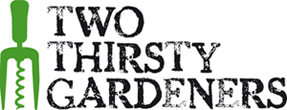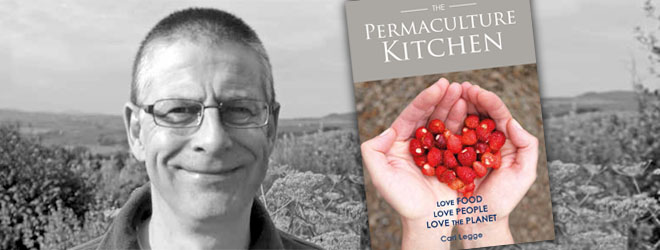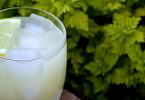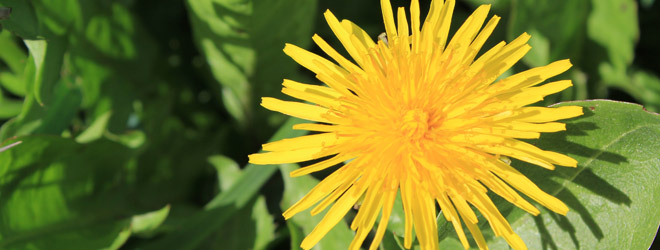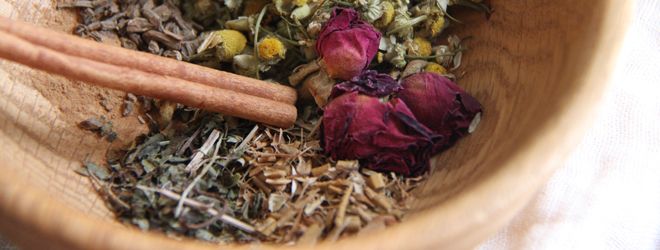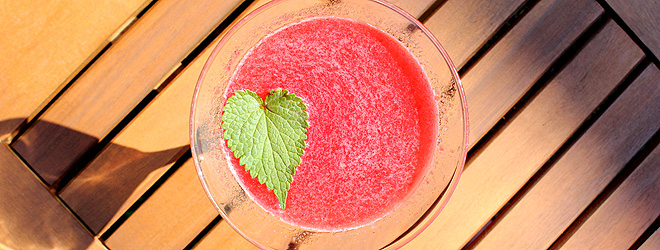Carl Legge is a legend among permaculturists. His new book, The Permaculture Kitchen, is packed with fantastic recipes and some top tips for living off the land. It’s well on the way to becoming our new cooking bible. We caught up with him to talk about permaculture, foraging for nettles and frugal booze making…
Your new book is titled ‘The Permaculture Kitchen’. What’s the basic idea behind permaculture?
Permaculture is a framework of ways to think about, design and manage a system so that it’s sustainable for the long term. The Permaculture Kitchen is about how to make our personal food system sustainable.
We do this when we:
- grow or buy local, seasonal and sustainably produced ingredients
- get the most from our ingredients
- reduce, reuse, recycle any waste, buy less packaging
- minimise energy usage
- cook in batches and for multi-meals, use leftovers
I’m not just concerned about the wider environmental and economic sustainability that you normally read about. How we feed ourselves needs to be ‘personally sustainable’ too. So I talk about how to achieve:
- physical sustainability – so the food is healthy & you don’t need tons of kit to make it
- temporal sustainability – where you have the time to make & eat the food
- spiritual/emotional sustainability – so that you (and anyone you cook for) enjoy to cook and eat the food and you feel motivated to carry on this way
How do you hope readers will benefit from your book?
I hope my readers will see how easy it is to cook confidently, healthy & tasty food with seasonal ingredients. I hope that as a result they will enjoy to cook more of their own food without time and money stress. And I hope they’ll be more in tune with the seasons and how sustainable food is produced.
You manage a smallholding on the beautiful Llyn Peninsula. What are the challenges of living off the land in such a wild location?
I think the biggest challenges are physical and emotional. If you produce your own food and, especially if you keep animals, you have to work outside come rain, shine or gale. The weather and the unremitting effort can wear you down. It’s not for everyone, it has to be in tune with your values. This is another aspect of ‘personal sustainability’.
What’s your ‘go to’ veg that you can always rely upon to produce a great crop for the kitchen?
Definitely purple sprouting broccoli, it’s so versatile, quick and easy to use. And it tastes fantastic. If you get the right varieties you can crop from January right through to summer. I have dozens of ideas for it in my book.
If you’re limited for space, I’d grow salad leaf & herb crops. You can keep yourself supplied all the year round in a small space if you choose the right varieties. The taste, texture and colour are a million times better than bought mixed bags and they store better.
And for anyone about to embark on a spot of foraging, what should they track down first?
Nettles. They are easy to identify, widely available and a doddle to prepare. I have recipes in my book for nettle risotto, lamb and nettle curry, nettle pizza and nettle Sephardic omelette. They are incredibly tasty and good for you. A great place to start.
In the past you’ve been kind enough to provide us with a few inspirational tips for home brewing tips. Have you got any interesting booze fermenting or infusing at the moment?
I’ve just bottled two interesting brews.
One of the key concepts for The Permaculture Kitchen is to get multiple uses from ingredients. So I have just bottled a wine from the leftovers from making a blackberry, apple and chilli cheese. It’s a great flavour with just a very subtle kick at the back from the chilli. A real surprise when you first drink it. You could use this idea to make wine from the leftovers from your jelly bag. Just freeze until you have a good quantity.
We have our own hops which I dried. I used these to make my own beer with some amber malt and molasses sugar. It’s a deep & dark brew that tastes very similar to Theakston’s Old Peculiar. I’ll certainly do that again.
The Permaculture Kitchen is available to buy here
Find out more about permaculture on Carl’s blog www.carllegge.com
